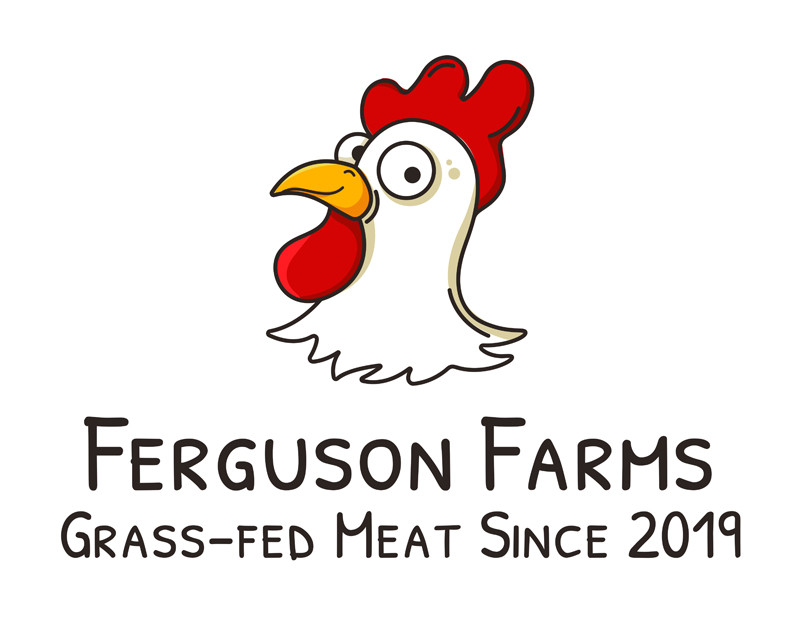Protein Is Important
posted on
September 6, 2021
I know that lately, this is not a popular stance to take, but please allow me to explain why choosing to eat carefully sourced animal protein is the best thing you can do for the health of you and your family.
The amino acids that makeup protein are the building blocks of our bodies. Other than water and fat, EVERYTHING is made of proteins – from your muscles and bones to your skin and hair. Your DNA is made of proteins. Proteins are also used to create the hormones that regulate nearly all body processes and to heal the damage that happens during everyday life. This process is happening 24-hours a day, 365 days a year, which means the proteins that make up your body are constantly being remade. This primarily happens by using the protein that you eat, which is why eating enough high-quality protein is so important for good health.
The key here is “high-quality.” When I buy the meat for myself and my family to eat, I look for the words free-range, grass-fed and finished, and pasture-raised as an indicator of quality. Free-range and pasture-raised mean the animals are allowed to roam, to be outside in their natural setting. Grass-fed and finished also means that the animal was allowed to roam in open spaces, but also that it was never fed foods it does not naturally eat.
Raising animals this way means the animals are less stressed and healthier, which helps those who eat them also be healthier. Remember: whatever your food eats, you eat.
As a nutrition professional, I recommend eating meat from Ferguson Farms because it is high quality, grass-fed, free-range, and pastured. If you would like to learn more about how to eat a balanced, healthy diet to improve your health and the health of your family, to lose weight, boost your immune system, or to help manage any medical conditions you may have, I am currently taking on new clients. Please contact me to set up a free initial Zoom consultation by calling Total Health and Fitness at (813) 502-7061.
Jessica Tucker is the owner/operator of Total Health and Fitness. She is a graduate from the University of Alabama with a bachelor’s degree in Food and Human Nutrition and is currently working on her master’s degree in Clinical Nutrition from the Northeast College of Health Sciences. She is also a certified personal trainer and works with clients to optimize their health and wellness through a holistic approach to fitness and nutrition.




